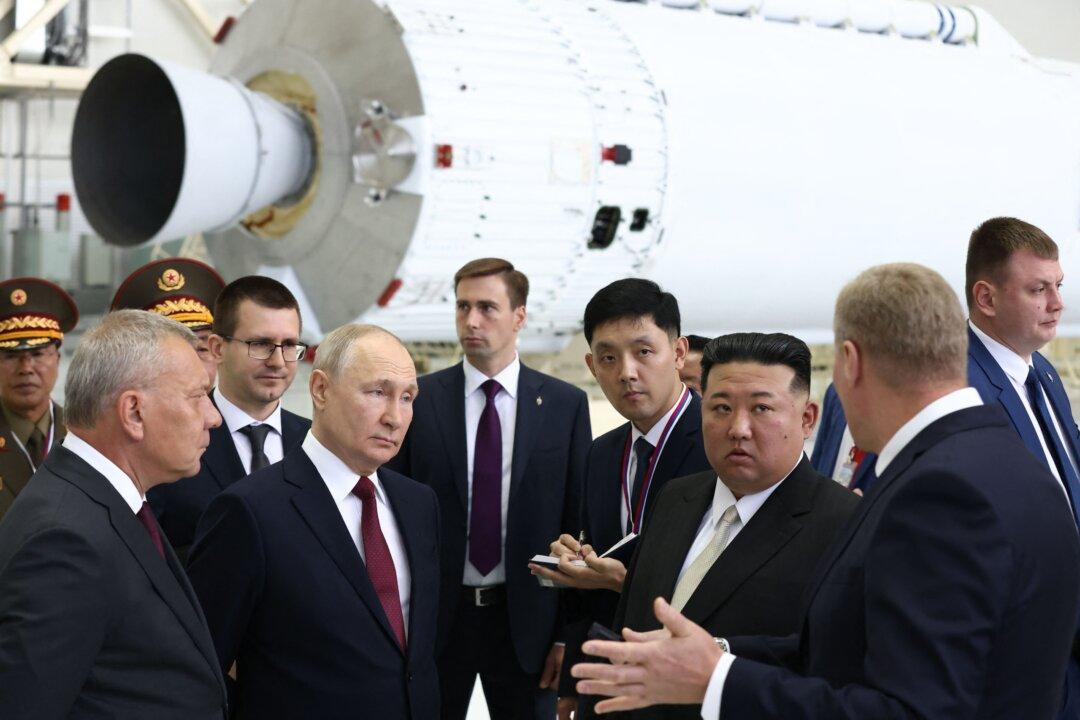North Korea is seeking Russian aid for its nuclear weapons programs in exchange for munitions that can be used against Ukraine, U.S. lawmakers were told on Oct. 4 during a Senate Foreign Relations subcommittee hearing.
Victor Cha, Korea chair at the Center for Strategic and International Studies think tank, said that North Korean leader Kim Jong Un is likely to receive “substantial and significant support [for] North Korea’s weapons programs” from Russia.




